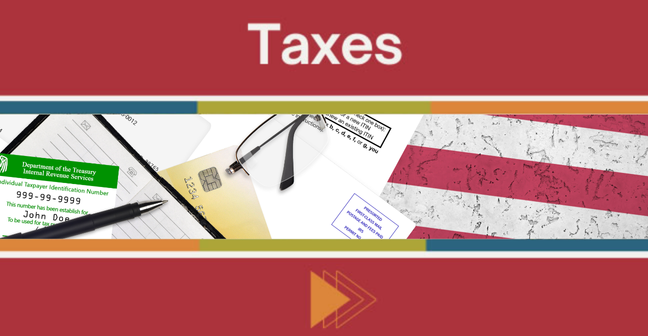
No two business owners run their company in the same way. We’re all unique and we’ve all got our own style.
But there are general patterns that define any owner’s general approach to running their business.
In this post, we’ll discuss the difference between reactive, proactive and strategic approaches and lay the basic groundwork for how reactive business owners can make the necessary changes to move towards a strategic approach.
By the definition
- Reactive approach – Business analytics is all focused on the past. You look at what happened and maybe why it happened, and make decisions based on what’s already done.
- Proactive approach – Being proactive is all about predicting what’s coming next and doing your best to make decisions around your predictions.
- Strategic approach– With a strategic approach, you don’t predict the future, you decide what you’d like it to look like and then do what it takes to make that happen.
Starting the diagnostic process
Moving from being a reactive business owner to a more proactive approach starts with having a diagnostic conversation – but for the conversation to be effective, you need reliable, consistent data to work with.
This is why the first step toward changing your business approach is to make sure you’re gathering accurate data about your business. As you move into strategic planning, this data will be even more valuable, as it will allow you to extrapolate out a forecast or projection and run what if scenarios.
The value of a strategic approach
100% of business owners exit their business, one way or another. So, the value of crafting what’s next is not leaving your success, legacy, wealth, up to chance.
Good data allows you to align your goals with your execution strategy. Seeing the story of the numbers is great, but the real power is being able to make business decisions that lead to results that are exactly what you wanted to happen.
Where to begin?
Gathering quality data starts with establishing a tracking system, for example: setting up QuickBooks. Then, get professional support in ensuring these numbers and the story they tell are reliable and meaningful to your business.
Once you have a foundation in place for tax efficiency and monitoring the data, create budgets, forecasts, and projections (what if scenarios) that align with the progression of your goals. To achieve this, you will also need to know your goals
You might be thinking, “This is CFO level work!” And it used to be.
But today, Accountability Services is debunking the myth that you have to have a Fortune 500 company to view your business like a CFO.
Every business should be doing this, and our proprietary advisory processes allow us to deliver powerful Financial Planning & Analysis services and professional guidance at an affordable price to businesses of all sizes.
Learn more
Chief Business Development Officer Lera Kooper recently joined Ryan Conn on an episode of Pivotal Change to discuss the topics above in greater detail. You can watch the interview on our YouTube channel.





